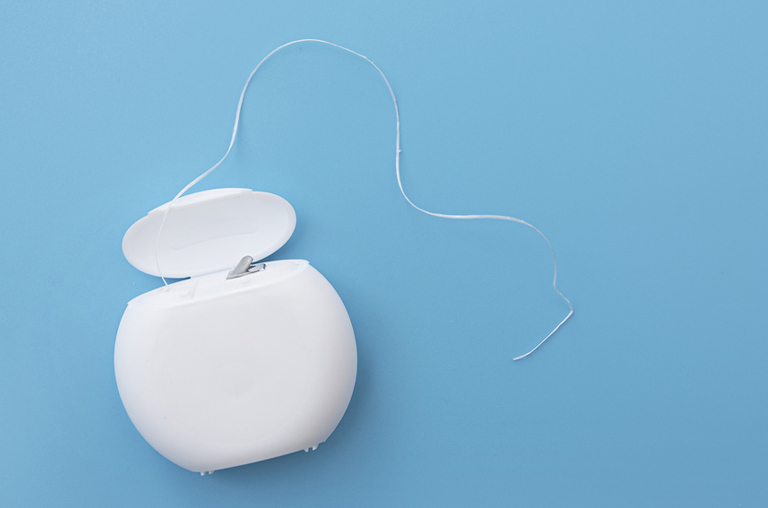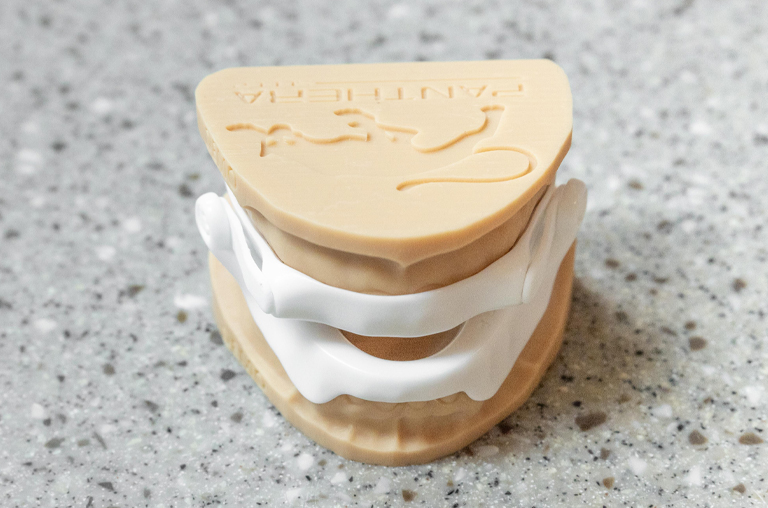What is Tooth Sensitivity?
Clinically known as dentin hypersensitivity, Tooth sensitivity is a common dental concern that affects over 40 million Americans, according to The Academy of General Dentistry. Sensitivity in your teeth occurs due to the breakdown of enamel in your teeth and eroding the protective barrier between your teeth and its roots. Receding gums can also affect tooth sensitivity. Pain and sensitivity can be temporary or prolonged, and is caused by many different factors such as hot or cold drinks, acidic foods, nasal or sinus congestion, teeth grinding, harsh brushing, whitening strips/toothpaste, and more.
It’s important to monitor your tooth sensitivity, as it may be caused by a cracked tooth, cavity, gum disease, or infection. Make sure to keep your dentist up to date with any concerns and areas of pain and sensitivity, and book an appointment if the sensitivity persists. In the meantime, there are many at-home solutions used to treat sensitivity that can reduce discomfort and the sharp sensation of sudden sensitivity. Here is Dr. Vereen’s list of tips and tricks to help treat tooth sensitivity:
1. Desensitizing toothpaste:
Specially formulated toothpaste containing compounds like potassium nitrate or strontium chloride can help block the nerve pathways that cause sensitivity. Toothpastes like Sensodyne ProNamel help to protect enamel and repair your teeth’s barrier to reduce sensitivity.
2. Fluoride Treatment:
In-office fluoride treatments strengthen enamel and reduce sensitivity. Your dentist may also recommend fluoride-rich toothpaste for home use.
3. Gum Grafting:
For severe gum recession, a gum graft procedure can cover exposed tooth roots and reduce sensitivity.
4. Changes in Dental Routine:
Your dentist can guide you in adopting proper brushing techniques, using a soft-bristle toothbrush, and recommending the right oral care products targeted to sensitivity.
5. Dietary Adjustments:
Cutting down on acidic foods and beverages like tomatoes, citrus fruits, soda, hot coffee, hard candy, and ice cream can prevent further enamel erosion. You don’t have to cut these foods/drinks out completely, but consuming them in moderation decreases your risk for tooth aches and decay.
6. Root Canal Therapy:
In cases of extreme sensitivity due to nerve exposure or damage, a root canal may be necessary to alleviate pain and save the tooth by addressing the soft core of the tooth, known as dental pulp. Consult with your dentist to see if a root canal is the right option for you.
Whether it’s desensitizing toothpaste, professional treatments, or lifestyle adjustments, we can help you find the right solution for your specific needs. Don’t let tooth sensitivity hold you back from enjoying your favorite foods and drinks – take the steps towards a healthier, more comfortable smile today with the help of Dr. Vereen, DMD.


